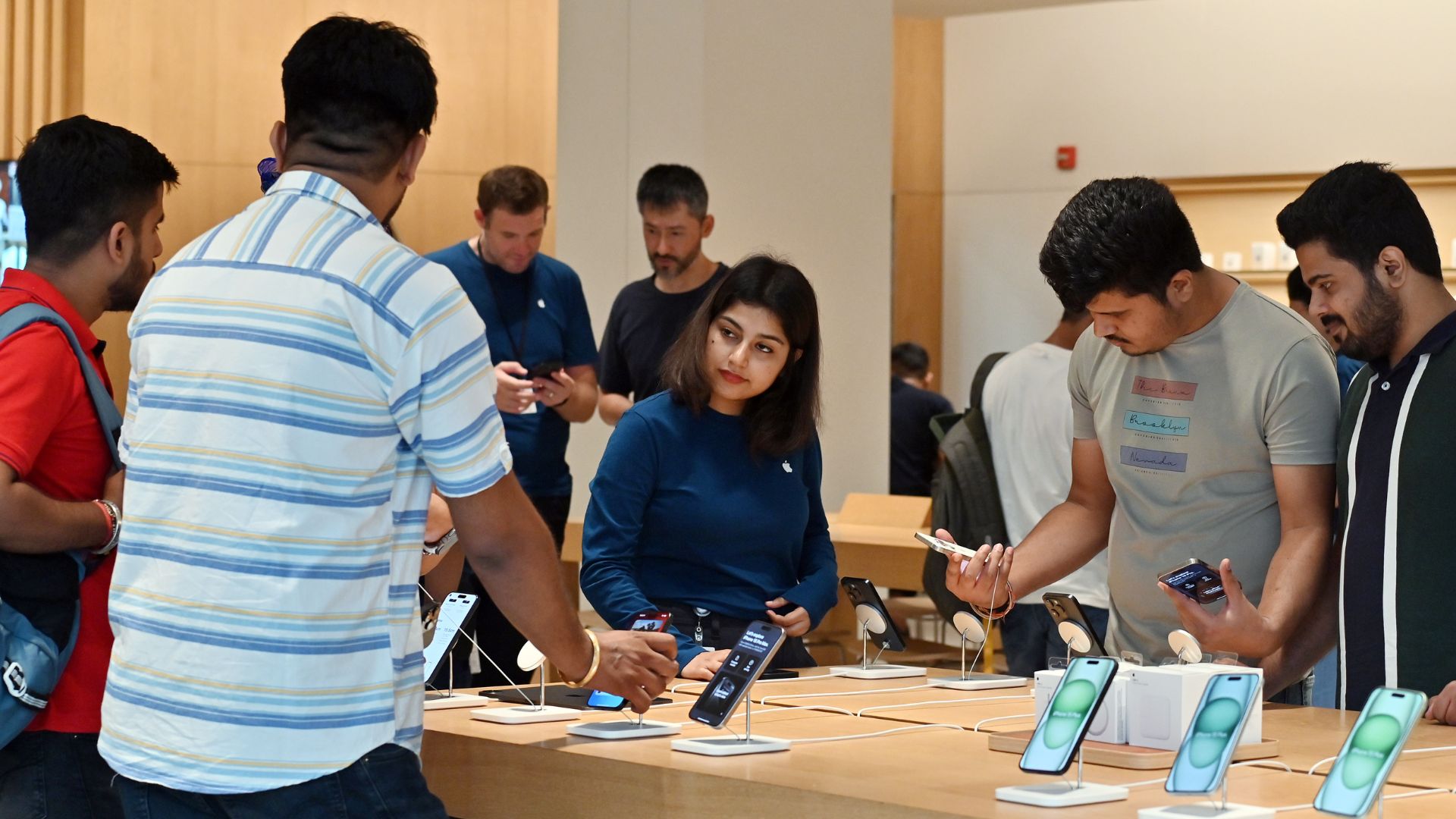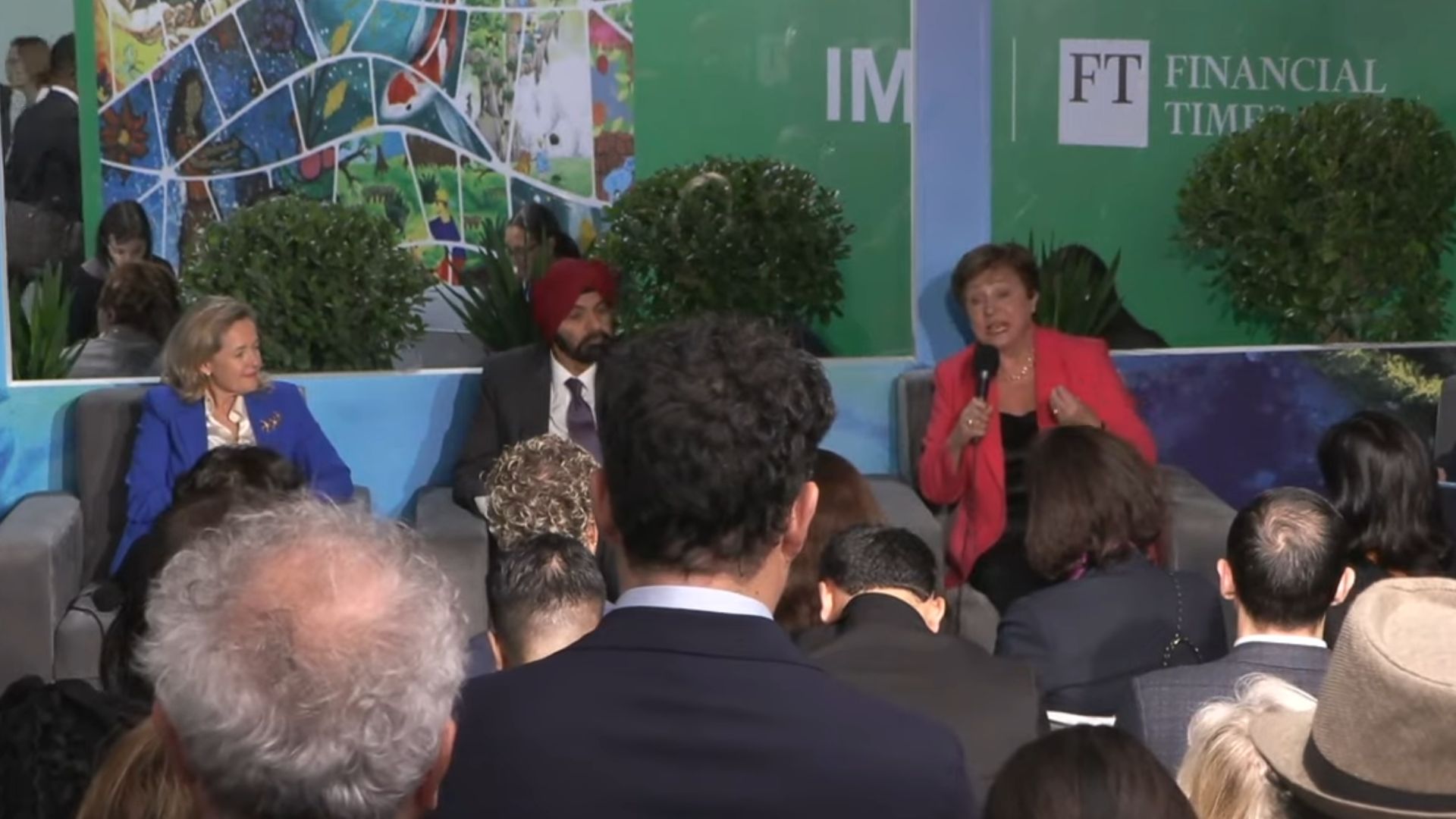CUPERTINO, Calif. (Diya TV) — Apple is navigating a turbulent trade landscape as the U.S. President Donald Trump imposes sweeping tariffs on Chinese goods, including a potential 54% hike on electronics exports. But under CEO Tim Cook’s leadership, the tech giant is taking swift action to minimize disruption—most notably by expanding iPhone production in India.
Facing rising costs from Trump’s tariffs and a fragile U.S.-China trade relationship, Apple is moving quickly to rebalance its global supply chain. A significant portion of its iPhones—previously manufactured in China—will now be produced and exported from India, a country with a lower 26% tariff, according to Daily Mail.
Apple had already planned to manufacture around 25 million iPhones in India this year, with about 10 million earmarked for the local market. Now, it’s looking to redirect more of that supply to the U.S. to meet as much as half of the country’s iPhone demand, Daily Mail reported, citing Bank of America analyst Wamsi Mohan.
India is increasingly becoming a cornerstone of Apple’s global strategy. Since 2017, the company has steadily increased assembly operations in the country, beginning with older iPhone models and gradually including newer ones, The Wall Street Journal noted. This shift not only insulates Apple from Chinese tariffs but also allows the company to meet demand in one of the world’s fastest-growing smartphone markets.
By assembling the phones in India, Apple can legally label them as Indian-made—an important distinction in trade documentation. The strategy helps Apple avoid the steep new duties and positions India as a long-term production hub, according to The Wall Street Journal.
The tech firm appears to be executing a two-pronged approach: ramping up immediate shipments from India while banking on its strong ties with President Trump to potentially secure an exemption. During Trump’s first term, Apple successfully obtained exclusions from tariffs on billions of dollars’ worth of smartwatches and other components, as reported by Daily Mail.
Cook has worked to maintain a strong relationship with Trump, a move that may now benefit Apple. In February, the CEO publicly committed to investing $500 billion in the U.S. and hiring 20,000 American workers—a gesture that earned praise from Trump, Daily Mail noted.
In the meantime, Apple has taken steps to stay ahead of the trade curve. According to Times of India, the company flew five full cargo flights packed with iPhones and other products from India and China to the U.S. in just three days during the last week of March. These shipments reportedly arrived before the new tariffs took effect, ensuring U.S. warehouses are stocked for the immediate future.
Still, geopolitical uncertainty looms. On April 2, Trump announced a series of “discounted” reciprocal tariffs, including the 54% rate on Chinese electronics and 26% on Indian goods. China retaliated with a 34% hike on U.S. imports, prompting Trump to threaten another 50% tariff unless Beijing backs down by April 8.
“If China does not withdraw its 34% increase above their already long term trading abuses by tomorrow, April 8th, 2025, the United States will impose Additional Tariffs on China of 50%, effective April 9th,” Trump wrote on social media.
The iPhone, which generates about half of Apple’s total revenue, remains central to the company’s strategy. But that centrality also exposes Apple to volatility. Investor anxiety over trade policy and supply chain risks has already taken a toll, with Apple shares plummeting 20%—their worst three-day drop in nearly 25 years.
Despite the headwinds, Apple appears determined to ride out the storm by diversifying its manufacturing base and doubling down on diplomatic channels. With Cook at the helm, the company is betting that its India-first strategy and careful political calculus will keep iPhones in American hands—and Apple firmly on top.




